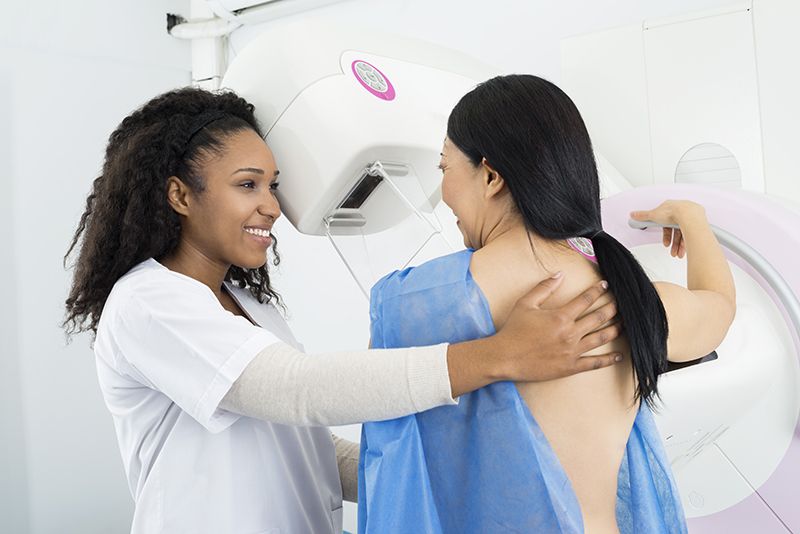Scientists are constantly devising tests in order to detect cancers before the signs and symptoms are seen. These tests are known as screening tests. The objective of a screening test is:

Each cancer has its own different kind of screening tests. Not all screening tests are effective but they do give a general idea. Here are some of the screening tests for common cancers.
Screening tests are most effective in early detection of cancers, usually at a more treatable stage which in turn improves survival. However, screening tests do come a with a percentage of risk.